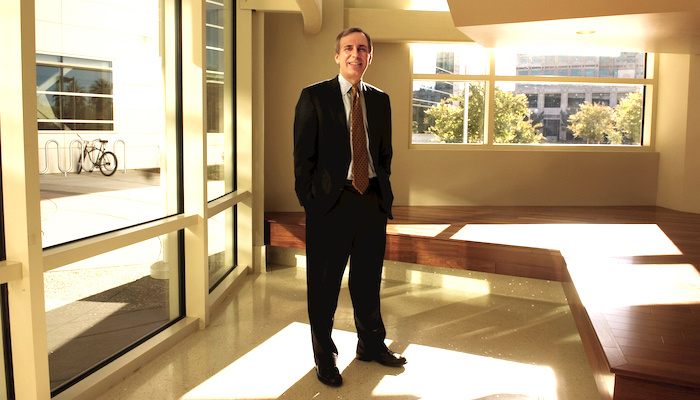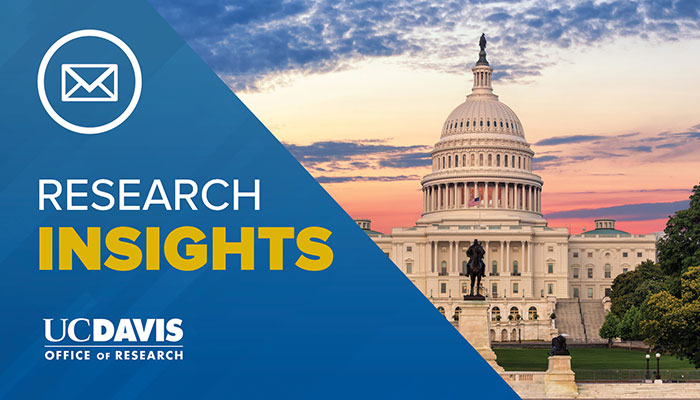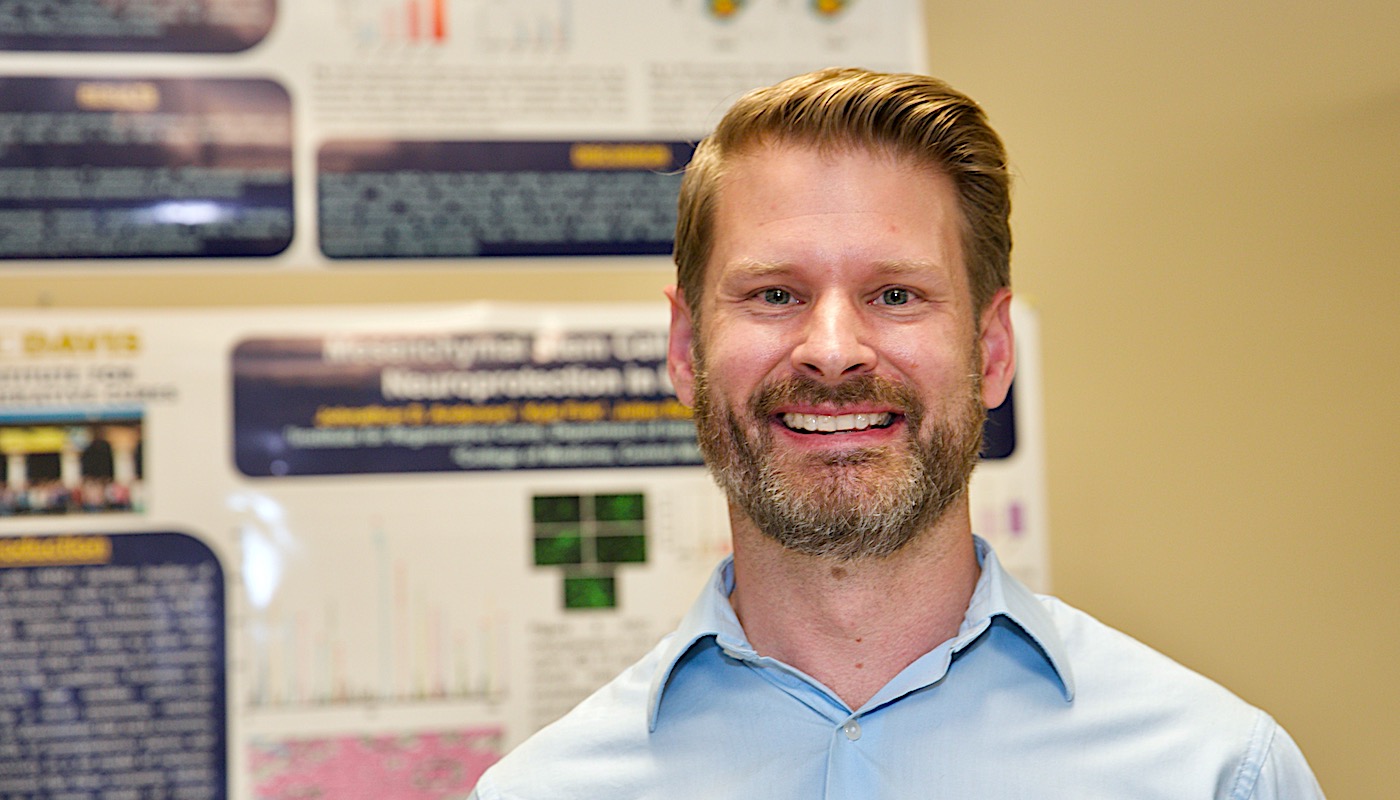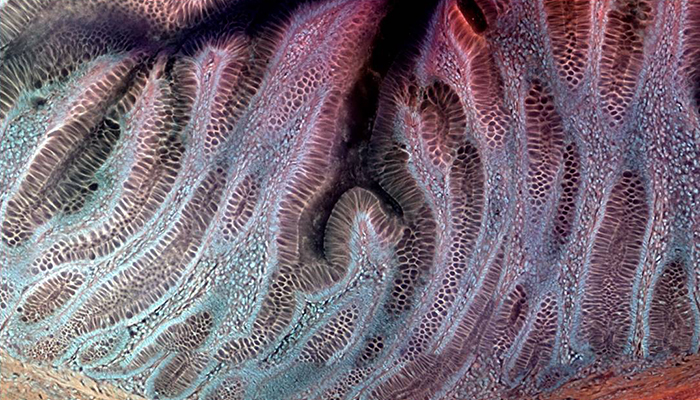UC Drug Discovery Consortium announces first partnership
By Dorsey Griffith
The University of California Drug Discovery Consortium has entered a partnership with Astellas Pharma that provides seed funding for early-stage drug discovery research.
“Guided by Astellas’ vision of turning innovative science into value for patients, Astellas aims to pursue cutting-edge science by combining internal capabilities and external expertise in its medical and healthcare businesses,” Astellas Innovation Management President Tatsuaki Morokata said in a statement. “The partnership with the UC Drug Discovery Consortium opens up a new opportunity for us to access various drug discovery innovations that UC researchers create. We are excited to participate in this partnership.”
The consortium was created in 2017 in response to the changing landscape of drug discovery and development, and the view that the University of California is well positioned to contribute to the creation of treatments for important, unmet needs. Its members include representatives from the UC campuses in Davis, San Francisco, Irvine, San Diego and Los Angeles.
“The purpose of the consortium is to assist UC investigators to access expertise and resources that will help them translate their research into new treatments,” said Michael Rogawski, principal investigator of the consortium and a UC Davis professor of neurology and pharmacology. “It is also intended to provide a single entry point for companies who would like to develop relationships with UC investigators.”
Joe Wagner, the consortium’s executive director, said securing funding for early drug discovery research in an academic setting can be challenging because most funding agencies require scientists to have a substantial body of data already collected before grants are awarded.
“Funding for very early drug discovery projects is not often available from the National Institutes of Health or other public entities,” said Wagner. “The benefit of partnerships such as the one with Astellas is that they provide resources that allow the consortium to support additional early-stage projects.”
Pharmaceutical and biotechnology companies today have reduced their investment in early-stage drug discovery, but they often seek to balance the reduction with greater external partnering.
“Much of the drug pipeline now is through partnerships with academia,” said Wagner. “It’s more efficient and cost-effective for them to scout and gain access to early-stage programs in the academic setting and to support them to develop the projects until they are ready to go on to full-blown, large-scale clinical trials.”
The University of California has among the most robust cadre of biomedical researchers of any academic institution. Accessing these researchers is often a daunting challenge for potential pharmaceutical company partners. The consortium facilitates access to university researchers and enhances the partnering experience.
UC Drug Discovery Consortium was created by the Drugs, Devices Diagnostics, Development (D4) group of University of California Biomedical Research Acceleration, Integration and Development (UC BRAID) and was enabled with a 3-year UC Office of the President grant. In addition to providing pilot funds for research, the consortium supports mentoring, education and training to enhance drug discovery and development across the UC system.
Contact
- Dorsey Griffith, UC Davis Health, 916-734-9118, [email protected]
Resources
Latest News & Events










